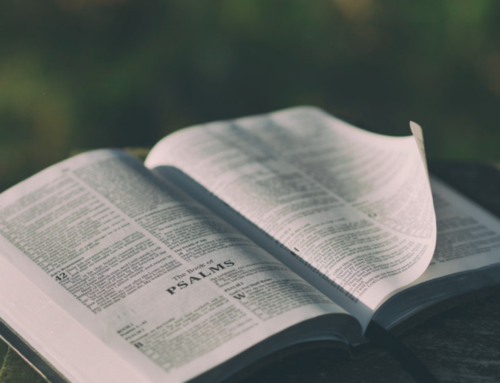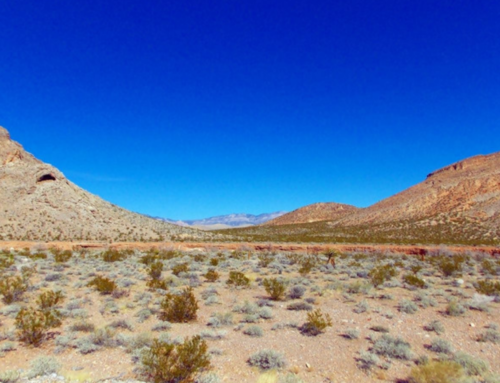I collect books.
No really, I hoard them.
I am a book hoarder.
Rows of books fill oversized bookcases in my house. On the nightstand next to my bed a towering stack of books grows ever taller. The real gems, however, they take up residence in file boxes on shelves in the garage.
My buried treasures.
Do I read these pages of wisdom? These volumes of the written word?
Sometimes. I used to.
Mostly now I just keep them. In carefully organized stacks, in neatly labeled boxes. Safe and sound. Ready for someday. And surprisingly, I am not alone. A throng of word enthusiasts, folio addicts, novel-oholics lives who practice tsundoku.
Friends, I call them.
Tsundoku, you see, is the Japanese term for compulsively hoarding books. Stockpiling hardcovers and paperbacks in drawers, across shelves, on nightstands. Tsundoku, however, has little to do with consumption. It’s not about actually reading these manuscripts in order to retain their information.
Ultimately, tsundoku is a byproduct of scarcity thinking.
The fear of not having enough. Of not being enough.
A kind of thinking we often battle as believers.
A scarcity mindset says, enough will come if I ______________ (fill in the blank). Only with ______________ am I secure, complete, well, whole.
This kind of thinking, however, causes us to feel incomplete. To fixate on our emotional and spiritual lack.
So we hoard.
Stuff we need, stuff we want, even good Christian stuff (or, dare I say, good Christian people). We take, accumulate, attach, cling to that which gives temporary fulfillment in case it can never be found again.
An insurance policy.
Come what may.
For the tsundoku connoisseur, for example, stacks of books provide reassurance. A fabricated sense of security that assumes just within reach will be answers to life’s questions, understanding for uncertainties, entertainment when bored. The number of books collected becomes a measurable standard by which to boast of intellectual aptitude and achievement even.
But these little trophies are counterfeit.
Possession is not synonymous with retention of the content within them. And even if one were able to ingest at an encyclopedic rate, more information is out there. More knowledge will always exist.
Enough will never really be enough for the scarcity thinker.
Jesus understood all too well the scarcity mindset. How it squelches our relationship with God. How it limits our spiritual growth. While training His disciples for ministry, Jesus sent them out on their own “to proclaim the kingdom of God and to heal the sick.” And when He did, He was careful to tell them, “Take nothing for the journey—no staff, no bag, no bread, no money, no extra shirt” (Luke 9:1-3 NIV).
Nothing?
His disciples must have been thinking.
Are you sure? Not even a toothbrush?
Imagine how they must have felt. How we all would feel. Every step taken would be wobbly, unsteady. Every turn in the road would bring a new test of faith.
Hungry? God would have to provide.
Tired? God would have to provide.
Lacking confidence to speak to the crowds? Boldness to pray for the sick? Courage to stand before skeptics, naysayers, ridiculers?
God would have to provide.
Most of us would be overcome with anxiety, crippled with fear. Nevertheless, Jesus had a purpose. And it wasn’t spiritual hyperventilation.
In sending out the disciples on their own, Jesus wanted to defy their scarcity mindsets, to compel them to “live by faith, not by sight” (2 Corinthians 5:7).
To “live by faith,” after all, is to think abundantly.
Extravagantly, unconventionally, outrageously. To believe more than enough exists when not enough sits on the table in front of you.
Quite frankly, its absurd to think this way. Beyond the natural. Entering supernatural territory here.
But that’s what makes it faith.
And faith is how we are called to live. By uneasy, uncomfortable, radical, reckless faith.
Faith, you see, when put to the test, always gives rise to a holy tension inside of us. Faith breeds a God-shaped insecurity in our flesh. And if we choose to acknowledge it for what it is, if we choose to press into the tension instead of filling the void with stuff of various kinds, if we choose to not let our scarcity mindset have its way, we will find an open door to go deeper.
Deeper into relationship with Jesus. Deeper into trust. Deeper down to the place where answers can be found and where everlasting security lies.
And even more, we set ourselves up to witness the miraculous, to see the fruit of faith. Heaven coming down to earth. God doing what only He can do. Healing, saving, resurrecting, transforming, restoring your life and mine and others too.
Now that’s abundant living.
In light of all this, I’m beginning to rethink my little tsundoku hoard. In all honesty, it leaves a lot to be desired. Finding a place for all those boxes, dusting all those old books.
It really can be quite the chore.







So perfect! I love this devotional! You are inspirational!